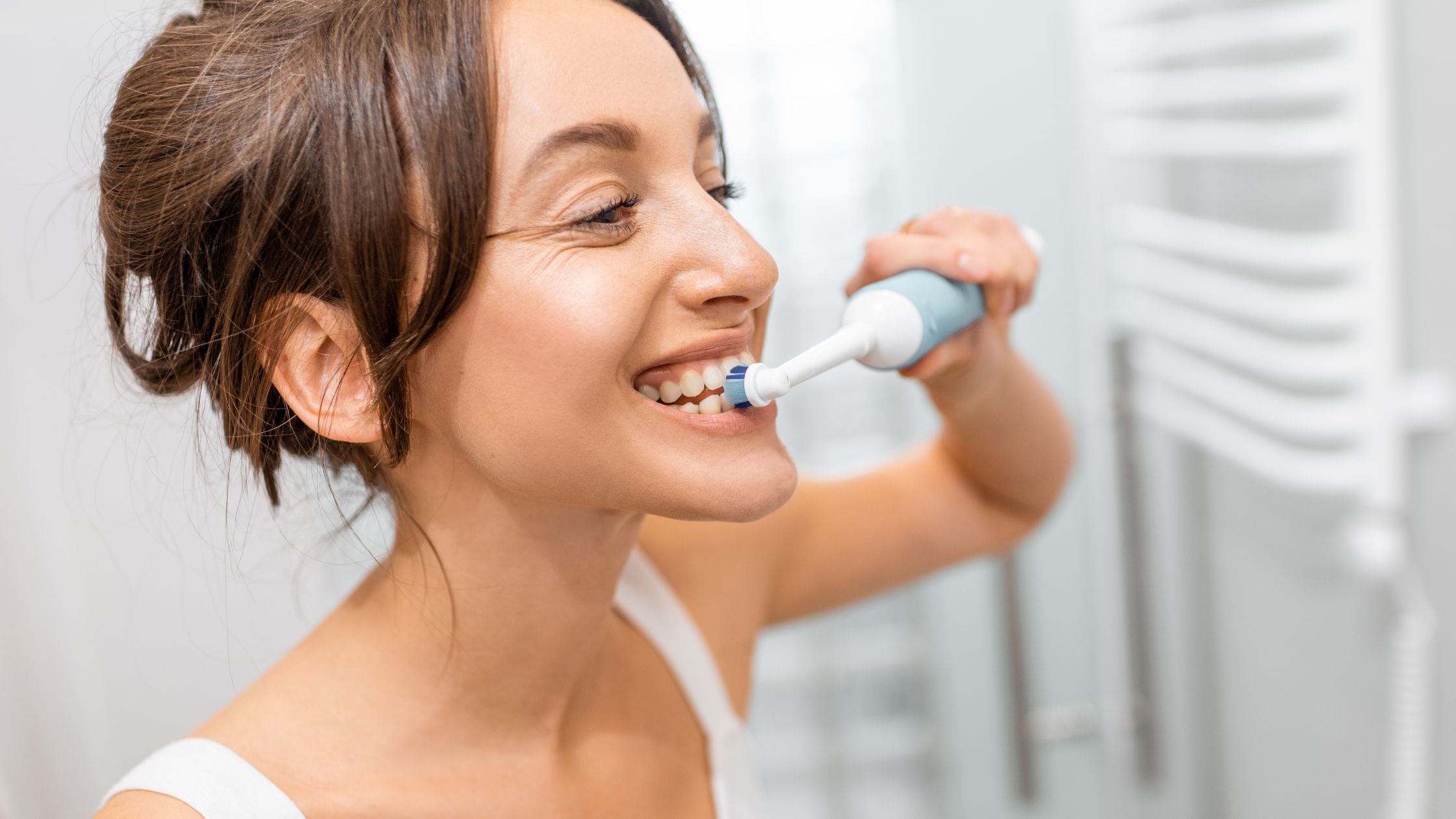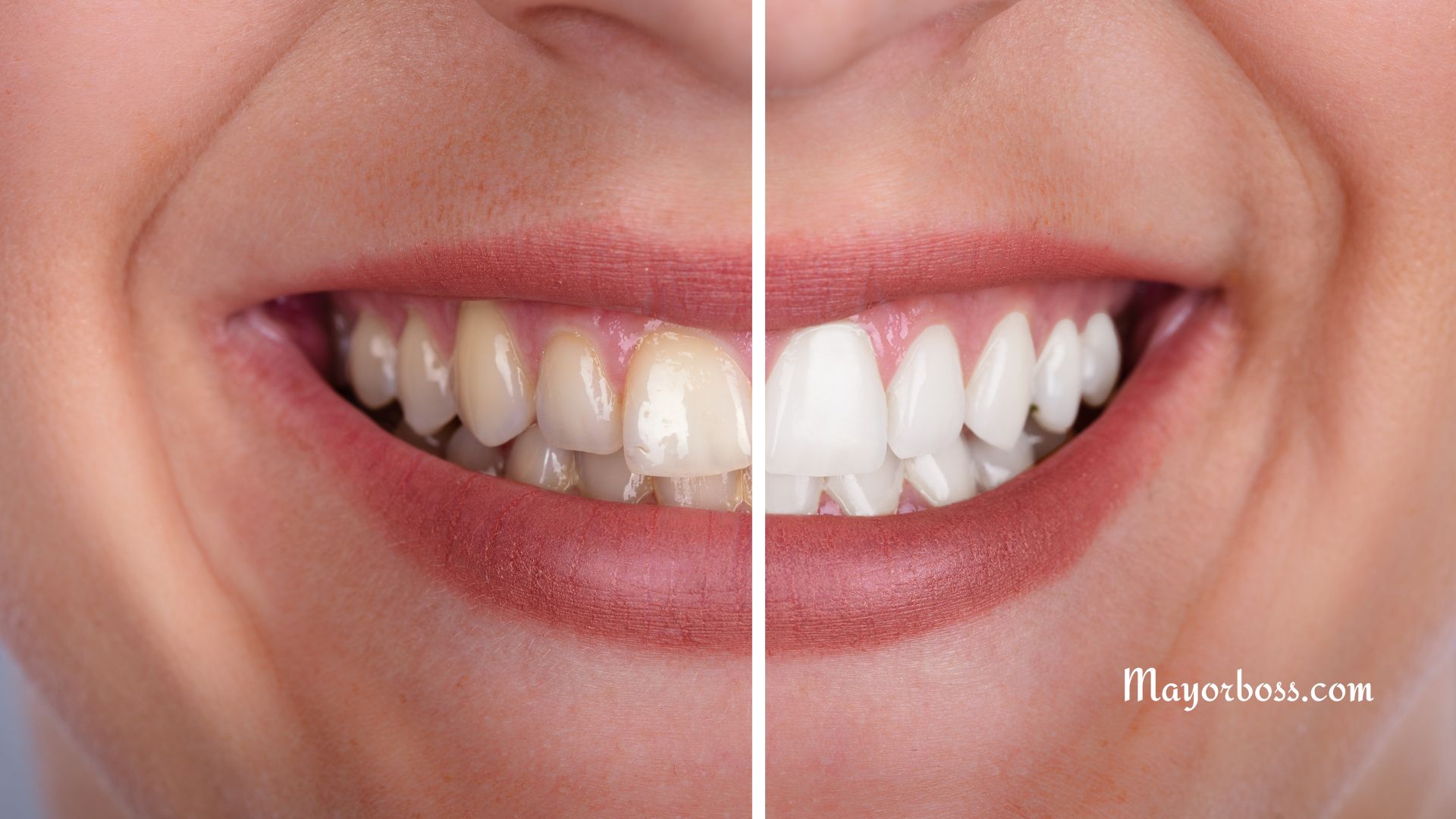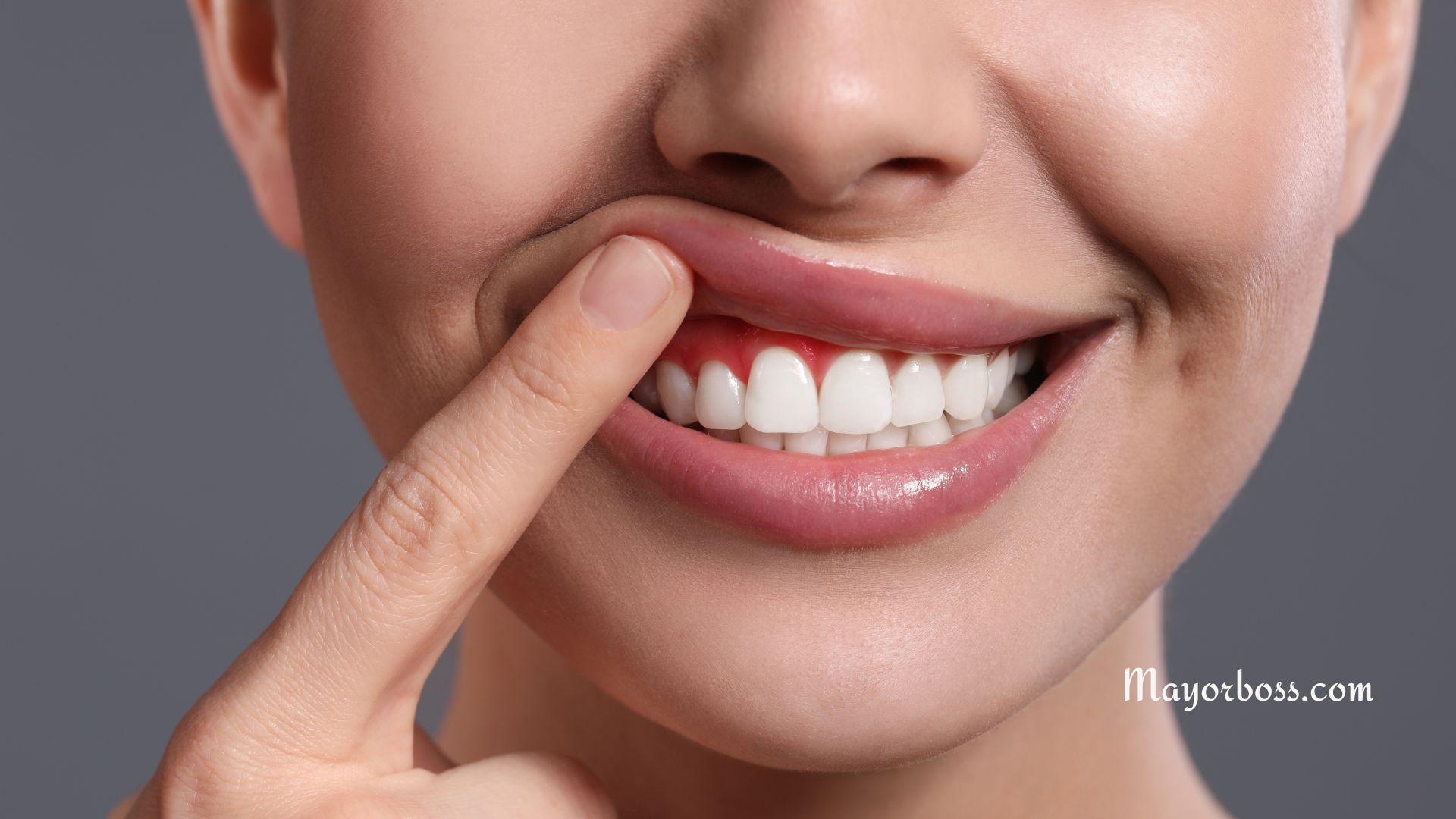Why is My Mouth Dry Even Though I Drink a Lot of Water?
Dry mouth, or xerostomia, is a common issue that many people experience. Surprisingly, it can persist even when you drink plenty of water. I’ll tell you the reasons behind this phenomenon and provide insights on how to handle the issue.
Hydration and Dry Mouth
Firstly, it is essential to understand that hydration plays a vital role in maintaining a healthy mouth. Saliva, which consists of 99% water, is critical for oral health. It helps to break down food, neutralize harmful bacteria, and maintain the overall balance in your mouth. However, drinking water alone may not be enough to combat dry mouth in some cases.
Dehydration
Although it may seem obvious, one of the primary reasons for dry mouth is dehydration. Even if you drink a lot of water, it may not be enough to keep you adequately hydrated, especially if you’re losing fluids rapidly due to factors such as heat, exercise, or illness.
Insufficient Saliva Production
Drinking water might not resolve dry mouth if your body is not producing enough saliva. Various factors can lead to reduced saliva production, including aging, medication side effects, and certain health conditions.
Medications and Dry Mouth
Medications are a common culprit behind the dry mouth. Many prescription and over-the-counter drugs cause a dry mouth as a side effect. These medications can include:
- Antidepressants and Antianxiety Drugs: Drugs in this category can interfere with saliva production, leaving your mouth feeling dry even when you drink sufficient water.
- Antihistamines and Decongestants: These medications are often used to treat allergies or colds, and one of their side effects is decreased saliva production.
- Diuretics: Diuretics help to remove excess fluid from your body by increasing urine production. As a result, they can also contribute to dry mouth.
If you suspect that your medication is causing dry mouth, consult with your doctor. They may be able to adjust your dosage or recommend alternative treatments.
Health Conditions and Dry Mouth
Certain health conditions can also lead to dry mouth, making it difficult to find relief through hydration alone. Some of these conditions include:
- Sjögren’s Syndrome: This autoimmune disorder affects the salivary glands, reducing saliva production and causing dry mouth.
- Diabetes: Uncontrolled diabetes can cause dehydration and dry mouth due to increased urination and fluid loss.
- Radiation Therapy and Chemotherapy: Cancer treatments, such as radiation therapy and chemotherapy, can damage salivary glands and reduce saliva production.
If you believe that an underlying health condition is causing your dry mouth, consult your healthcare provider for proper diagnosis and treatment.
Tips for Managing Dry Mouth
If you’re experiencing dry mouth despite drinking plenty of water, consider implementing some of the following strategies:
- Chew Sugar-free Gum: Chewing gum can stimulate saliva production, helping to alleviate dry mouth symptoms.
- Use a Humidifier: Adding moisture to the air can help keep your mouth from drying out, especially during dry or cold weather.
- Avoid Alcohol and Caffeine: Both alcohol and caffeine can contribute to dehydration and dry mouth. Reducing your intake may provide some relief.
- Regular Dental Checkups: Maintaining regular dental checkups can help identify any underlying oral health issues that may be contributing to your dry mouth.
Takeaway
Why is my mouth dry even though I drink a lot of water? A dry mouth, or xerostomia, can persist even when drinking plenty of water due to factors such as dehydration, insufficient saliva production, medication side effects, or underlying health conditions like Sjögren’s Syndrome or diabetes. Identifying the root cause and seeking appropriate treatment can help manage and alleviate dry mouth symptoms.






